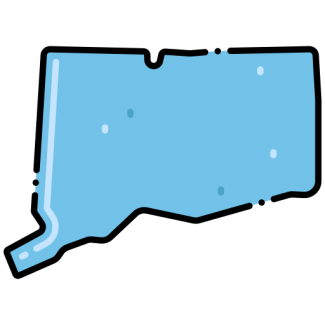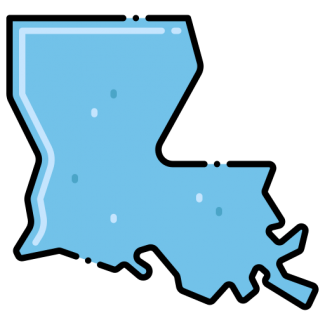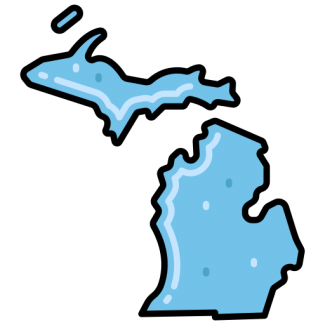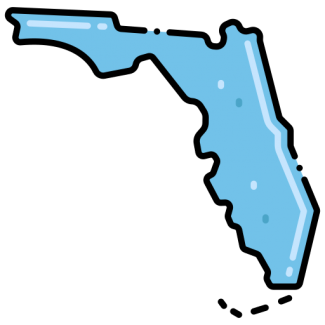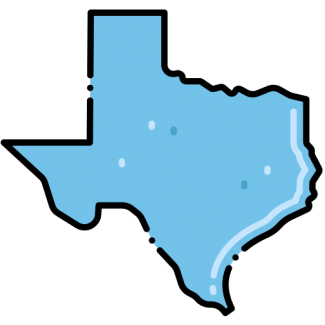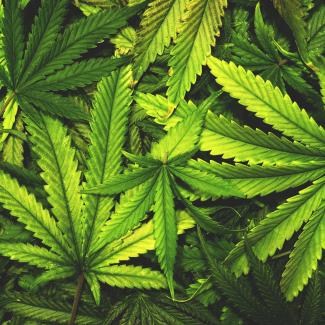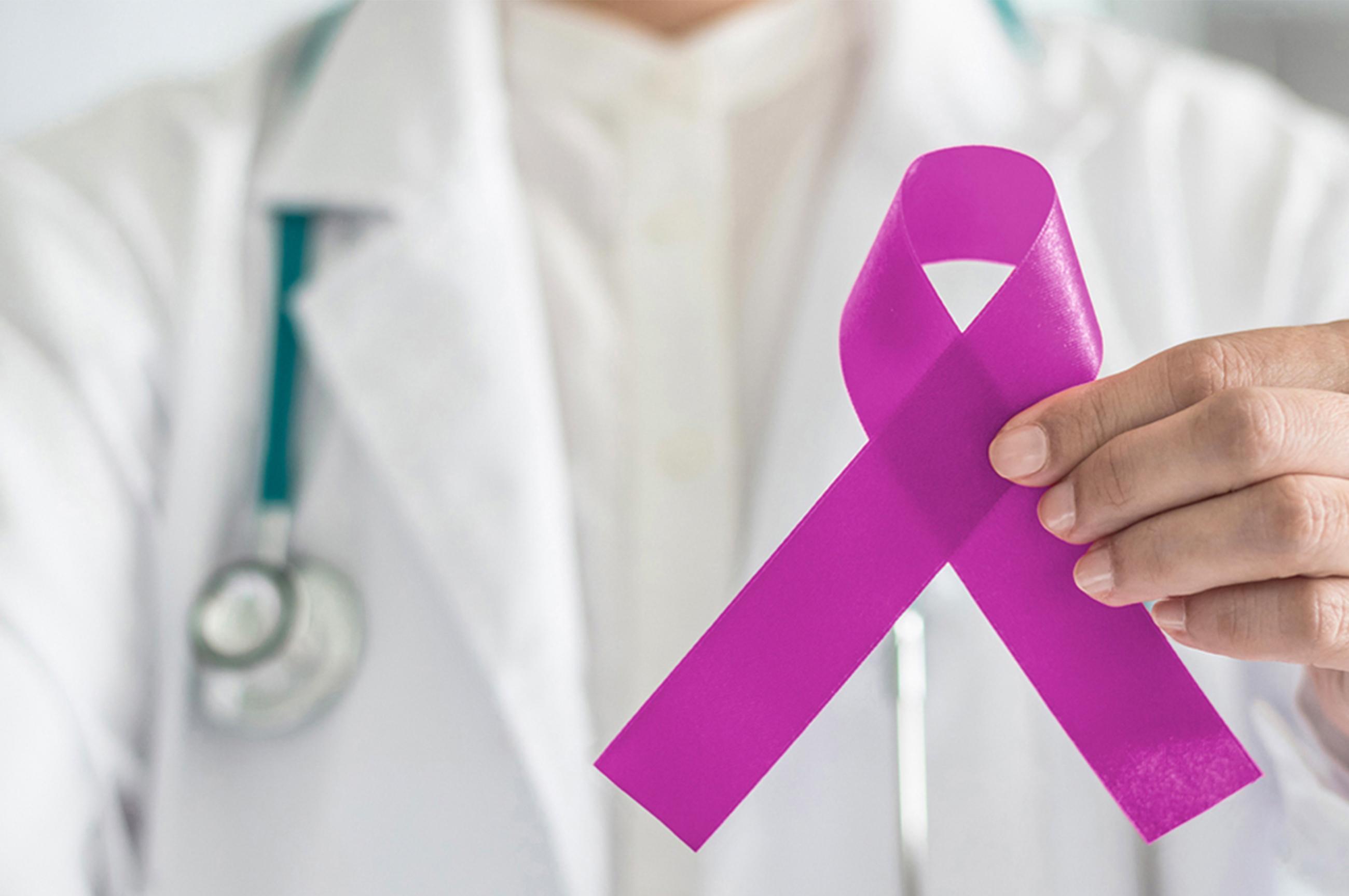November is Epilepsy Awareness Month
November is Epilepsy Awareness Month. Here’s some information that MarijuanaDoctor.com compiled for Florida’s epilepsy patients and their loved ones. Some patients might be curious about how medical marijuana is being used to treat epilepsy and other seizure disorders. Many others are already convinced of its benefits and are considering getting a Florida medical marijuana card. We’re here to help.
A brief history of epilepsy and medical marijuana
A little over 1% of the U.S. population, about 3 million adults and 400,000 children, experience epileptic seizures. Worldwide, the number of epilepsy patients is a staggering 50 million individuals. Some epilepsy patients have as few as one or two seizures a year, while others suffer through daily seizures. Many find that traditional pharmaceutical treatments are either ineffective or cause intolerable side effects. As a result, medical marijuana has been a welcome addition to the treatment regimen of epilepsy patients across the nation.
Epilepsy, one of the world’s oldest recognized medical conditions, has also been a keystone in changing the attitudes of Americans towards medical marijuana. Patients with intractable epilepsy are seeing dramatic improvements with the use of cannabis oil, and a number of high profile cases have fueled a sea change that has swept across the country.
A major turn of events came when former medical marijuana denier Dr. Sanjay Gupta ran a special on CNN about treating epilepsy with Cannabidiol (CBD). The report featured a young girl who was experiencing a dramatic reduction in the number and duration of seizures as a direct result of being treated with cannabidiol oil.
Since then, in just about every state where medical marijuana has been legalized, epilepsy has been at the forefront of the program. Epilepsy is often one of the qualifying conditions for which patients can obtain a medical marijuana card.
The FDA has approved a CBD-based drug called Epidiolex for the treatment of young children with intractable cases of certain forms of epilepsy. Furthermore, a UK-based company has gotten approval in Canada for the cannabinoid-based drug Sativex for the treatment of neurological conditions. In order for these drugs to be approved, they had to undergo multiple clinical trials to prove their safety and effectiveness.
So the jury is actually in on this one. Today, many thousands of epilepsy patients across the country have turned to medical marijuana to reduce their seizures and improve their quality of life.
How medical marijuana reduces epileptic seizures
If you or a loved one has epilepsy, then you probably know that the seizures are the result of uncontrolled electrical discharges in the brain. This misfiring of neurons can produce convulsions, involuntary movement, lapses of attention, and unconsciousness.
How does medical marijuana help to regulate this uncontrolled brain activity?
A class of compounds known as cannabinoids is responsible for marijuana’s seizure fighting properties. The most common cannabinoids in medical marijuana are THC, CBD, and CBG. There are many other minor cannabinoids as well. These compounds are produced in abundance in the resinous flower clusters of the female cannabis plant — aka, marijuana buds.
Interestingly, the human body also produces its own collection of cannabinoid compounds known as endocannabinoids. Those produced in marijuana are technically referred to as phytocannabinoids. Phytocannabinoids have been shown to mimic the effects of endocannabinoids.
Endocannabinoids are produced in the synapses of neurons in the brain. They are picked up by receptors on the surface of brain cells which are known as endocannabinoid receptors, or cannabinoid receptors for short. When cannabinoids bind with or interact with cannabinoid receptors, they modulate numerous activities. One of the jobs of cannabinoids is to regulate the flow of signals in the brain and promote orderly brain activity.
Many researchers believe that a deficiency of endocannabinoids or an imbalance in cannabinoid receptors might be at least partly responsible for the uncontrolled brainstorms unleashed during an epileptic seizure. And although the mechanism is still not fully understood, the act of supplementing the body’s own cannabinoids with those found in medical marijuana has been shown to reduce the frequency and severity of seizures in many patients.
One study done in 1981 reviewed reports from a decade of clinical trials on medical marijuana and epilepsy. The researchers determined that patients who were treated with phytocannabinoids enjoyed significantly more sleep compared to those given a placebo. In fact, about 80% of patients reported improvements in their condition.
Around the same time, the Journal of Clinical Pharmacology published a report titled, “The Cannabinoids as Potential Antiepileptics”.” The authors of the study wrote:
“The results of a study of the electrophysiological mechanisms of action indicate that cannabidiol produces some unique effects … The anticonvulsant nature of cannabidiol suggests that it has therapeutic potential in at least three of the four major types of epilepsy: grand mal, cortical focal, and complex partial seizures.”
Decades later, In 2017, Korean researcher Chung Mo Koo published a scientific paper entitled, “Could Cannabidiol be a Treatment Option for Intractable Childhood and Adolescent Epilepsy?” In this report, Koo discusses numerous clinical trials. In one of the studies examined by Koo, patients who received up to 50/mg/kg of cannabinoids per day reported experiencing half as many seizures as they did before the treatment. In another trial, seizures were reduced by about one third after two months of treatment, and by more than half at six months of treatment. Koo’s paper lists several more clinical trials on the use of cannabinoids to treat epilepsy, all of which produced similar results.
The mountains of evidence compiled from these studies combined with countless patient reports clearly indicate that medical marijuana offers a safe and effective treatment option for epilepsy patients.
How to get a Florida medical marijuana card for epilepsy
At Marijuana Doctor, we’ve helped over 30,000 patients obtain a Florida medical marijuana card. Our board-certified physicians will evaluate epilepsy patients to determine if the patient qualifies for a medical marijuana card. Once a patient is certified, our helpful staff of Patient Care Specialists will assist in registering with the Florida Department of Health. We’ll also help patients locate nearby medical marijuana treatment centers (MMTC) where they can purchase their medicine.
Marijuana Doctor is committed to providing our patients with compassionate, affordable, and convenient care. In the process, we’ve earned more than 1,500 5-star reviews and have become Florida’s leading provider of medical marijuana card recommendations.
Florida epilepsy patients can schedule an appointment online or call toll-free at (844) 442-0362 to speak to one of our friendly patient care specialists. Appointments are risk-free. If a patient does not qualify for a Florida medical marijuana card, there is no charge.




